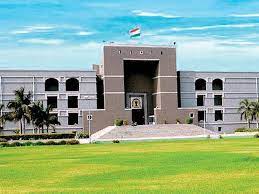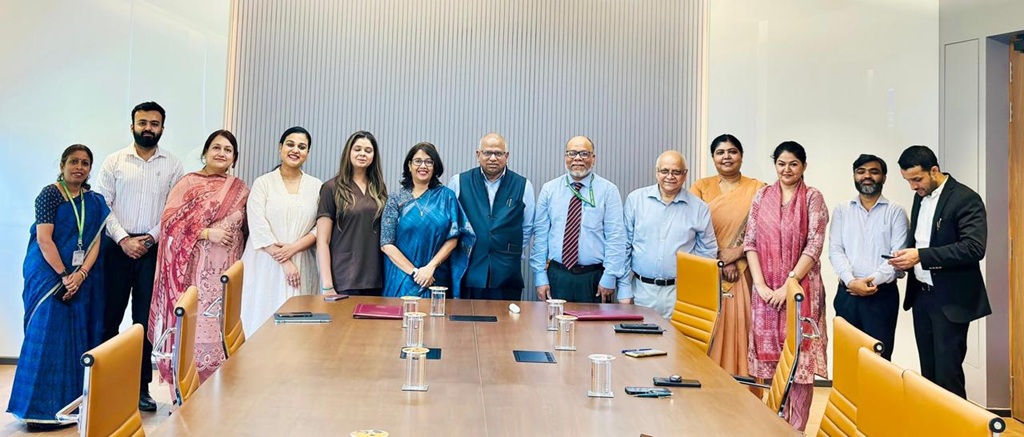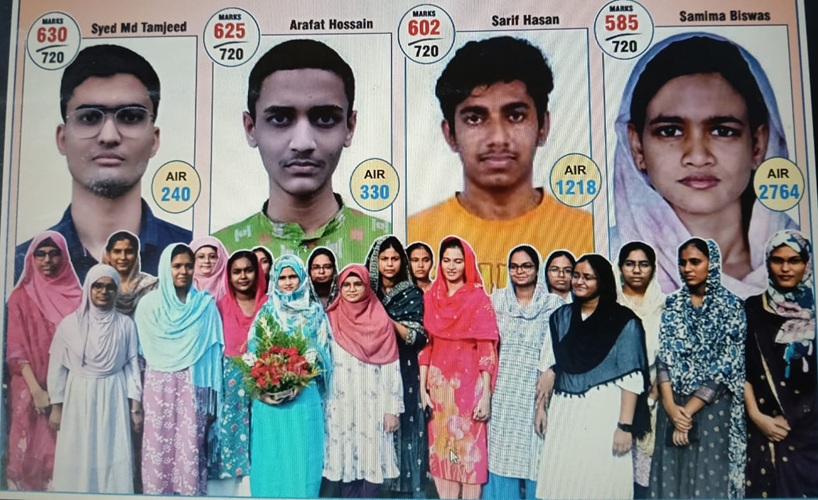PATAN — In a significant legal development, the Patan district court in Gujarat on Wednesday ordered the registration of a First Information Report (FIR) against individuals who called for an economic boycott of Muslims following a communal clash in a village a year ago. The directive, issued by District Court Judge and First Class Magistrate H P Joshi, comes after the court admitted a video appeal for the boycott as evidence.
The case stems from a communal riot in Balisana village in Patan district that occurred on July 16 last year. The riot led to a divisive appeal by an extremist Hindu group, which urged the economic ostracism of the Muslim community. This appeal reportedly caused significant disruptions to the livelihoods of Muslim shopkeepers renting spaces in the village.
Maqbool Hussain Dilawar Bhai, the petitioner, sought legal redress after the Balisana Police Station allegedly ignored his complaint. Represented by lawyer Yusuf Shaikh, Dilawar Bhai presented the video evidence in court, which showed the accused calling for the boycott. The court found this to be a clear violation of the law and ordered a preliminary report to be lodged at Balisana police station on July 26.
Judge H P Joshi stated that the video evidence indicated a prima facie case of economic harm inflicted on the Muslim community. The court ordered that an FIR be registered against the named individuals, including Rakesh Patel, Jayanthi Patel, Anil Patel, Deepak Patel, Rohit Chinnawala, Dhruv Patel, and others. The petition claimed that these individuals, wielding political influence, could potentially harm the petitioner, his family, and other innocent members of the Muslim community.
The police, in their initial response on July 26, claimed that there was no forcible eviction of Muslims from their shops, nor was there any violence or hostility instigated against them. However, the court’s acceptance of the video evidence overruled the police’s stance, highlighting the clear economic damage suffered by the Muslim community due to the boycott calls.
The court order is seen as a crucial step towards addressing communal tensions and ensuring legal protection for minority communities. It underscores the judiciary’s role in upholding the rule of law and preventing communal discrimination.
The decision has garnered mixed reactions, with the opposition criticising the lack of immediate police action and supporters of the ruling party praising the court’s intervention.
The case continues to be closely monitored, with the next hearing scheduled for September 2. The court’s directive for an FIR and its recognition of economic harm inflicted through communal appeals mark a significant moment in the ongoing efforts to combat communalism and promote harmony in Gujarat and across the country.






0 Comments